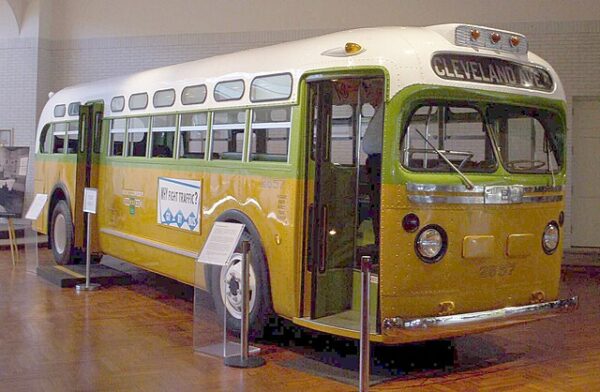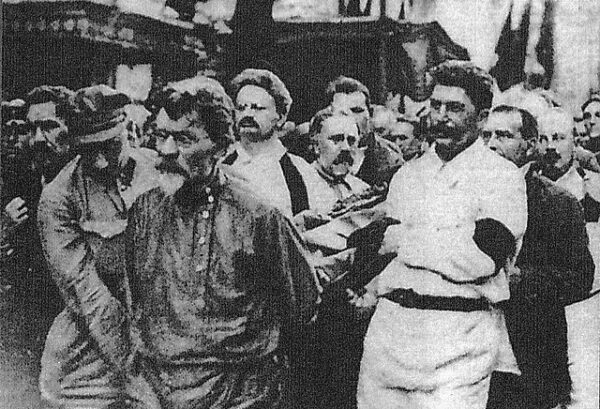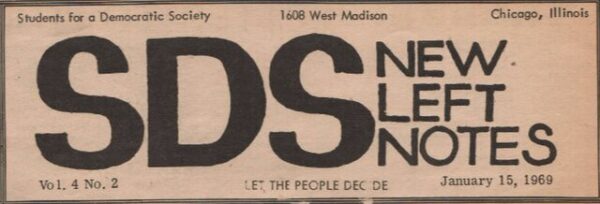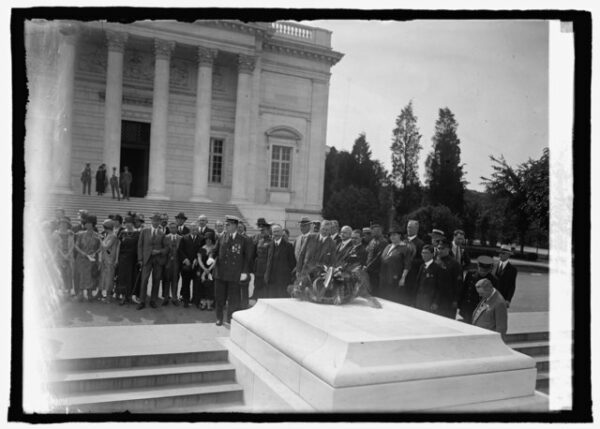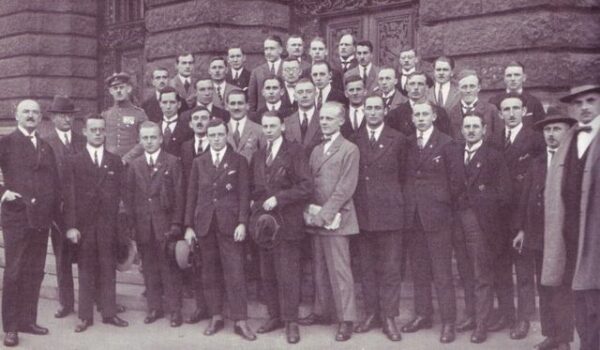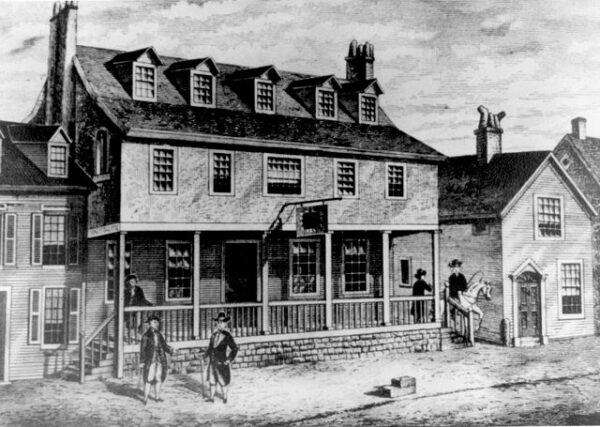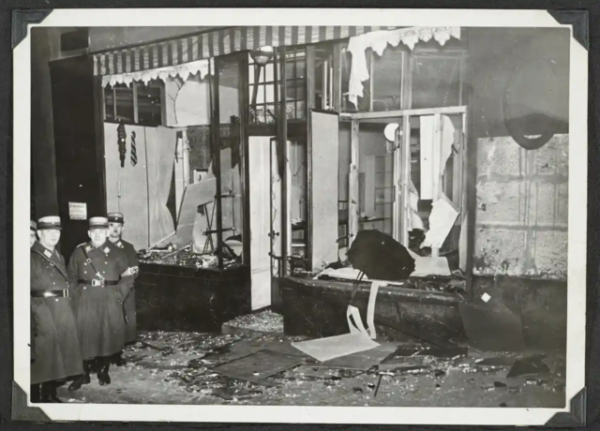The Great Meteor Shower of 1833 was a spectacular celestial event that left a lasting impression on those who witnessed it. On the nights of November 12 and 13, 1833, the skies lit up across the United States. one of the most intense meteor…
Read MoreOn November 13, 1956, the Supreme Court of the United States delivered a landmark decision declaring Alabama’s laws requiring racial segregation on public buses unconstitutional. This ruling marked the official end of the Montgomery bus boycott, a pivotal event in the American Civil Rights…
Read MoreVoyager 1’s close encounter with Saturn on November 12, 1980, marked a decisive turning point in humanity’s study of the outer solar system—a moment when a 1,800-pound machine, flung from Earth three years earlier, delivered images and measurements that fundamentally redefined scientific understanding of…
Read MoreOn November 12, 1927, Leon Trotsky, a towering figure of the Russian Revolution and a former close ally of Vladimir Lenin, was expelled from the Soviet Communist Party. This moment marked a pivotal shift in Soviet politics, consolidating Joseph Stalin’s undisputed control over the…
Read MoreLeon Trotsky’s expulsion from the Soviet Union marked a pivotal moment in the tumultuous history of the early 20th century. A prominent Marxist revolutionary and one of the key figures in the Russian Revolution of 1917, Trotsky played a crucial role in the establishment…
Read MoreOn November 11, 1967—at a moment when the Vietnam War had already metastasized from a military conflict into a sprawling contest over national resolve—the Viet Cong staged one of the most striking propaganda rituals of the era. In Phnom Penh, Cambodia, three American prisoners…
Read MoreOn November 11, 1921, in a solemn ceremony at Arlington National Cemetery, President Warren G. Harding dedicated the Tomb of the Unknown Soldier, honoring an unidentified American serviceman who had died in World War I. The tomb, situated prominently on a hill overlooking Washington,…
Read MoreOn November 11, 1923, German authorities arrested Adolf Hitler following the Beer Hall Putsch, marking a pivotal event that could have shifted the direction of world history and changed the lives of tens of millions. The Beer Hall Putsch, which occurred on November 8-9,…
Read MoreThe creation of the United States Marine Corps on November 10, 1775, at Philadelphia’s Tun Tavern stands as one of the most durable institutional legacies of the American Revolution. Conceived in the early weeks of the war—when the Continental Congress urgently sought to build…
Read MoreKristallnacht, also known as the Night of Broken Glass, unfolded on the night of November 9 and 10, 1938, marking a horrifying turning point in the persecution of Jews during the Nazi era in Germany. Triggered by the assassination of German diplomat Ernst vom…
Read More


